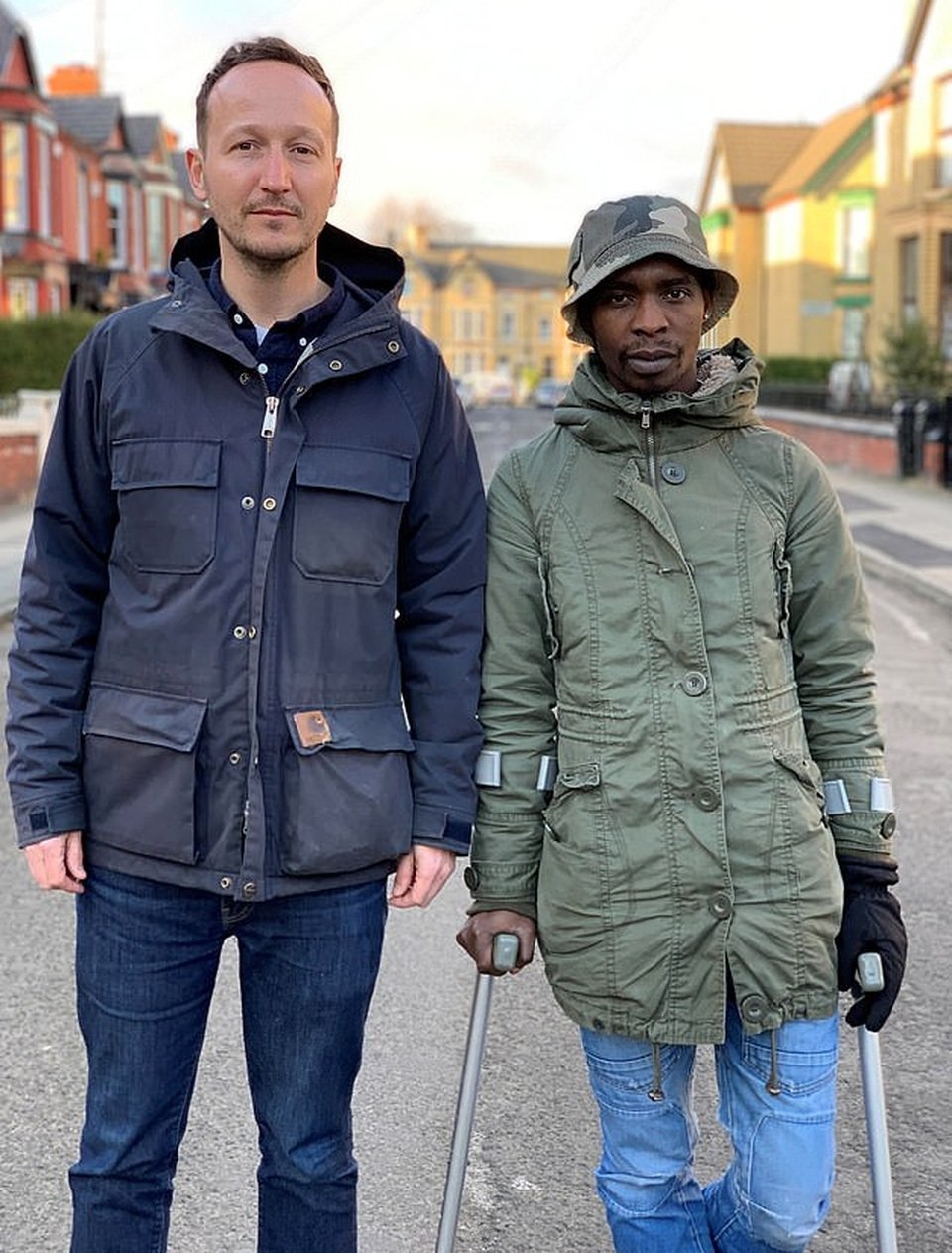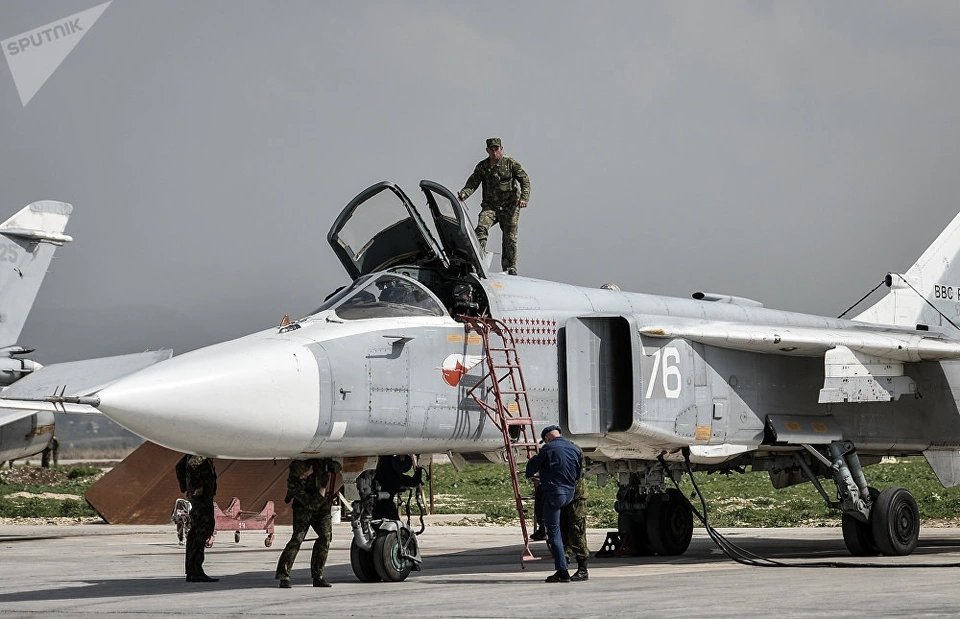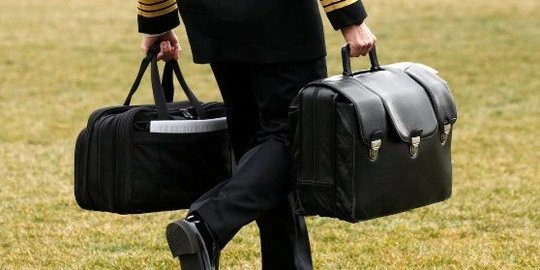The horrifying journey of the person clinging to the plane’s undercarriage to `undercover` 9,000 km to England
(Dan Tri) – A man who survived 11 hours clinging to a plane’s gear in -60 degrees Celsius to `undercover` 9,000 km from South Africa to England in 2015 told about his terrifying journey.
Cabeka (right) is currently living in England (Photo: Dailymail)
Six years ago, Themba Cabeka made the above journey.
On June 18, 2015, Cabeka and his friend Carlito Vale decided to board a British Airways plane flying from Johannesburg, South Africa to England to find a way to `escape poverty` and `change their lives`.
Cabeka clung to the undercarriage area of the Boeing 747-400, surviving the 11-hour journey, more than 9,000 km long and at times enduring temperatures of -60 degrees Celsius.
Just minutes before the plane landed in England, his close friend Vale crashed to the ground.
Cabeka was in a coma for six months due to severe hypoxia and trauma.
Cabeka, 30 years old, recalled: `When the plane moved, I could see the ground, cars, people below. Then, I passed out from lack of oxygen. The last thing I remember was after
According to Dailymail, there have been 109 cases of `hijacking` planes discovered around the world and London is one of the most chosen locations.
There are only two people still alive after `sneaking` to England by clinging to their claws, including Cabeka’s case.
A documentary about Cabeka called `The Man Who Fell from the Sky` will be broadcast on Britain’s Channel 4 on January 4.
Cabeka’s story began when he met Vale and they discussed going to England to start a business.
They studied the target plane and found an area they could cling to to `sneak` to England.
`I knew it was really dangerous but I took the chance. I didn’t care if I lived or died. I had to leave to survive,` Cabeka said.
Cabeka tied his hands to the plane with electrical cords.
Doctors believe Cabeka’s endurance was because the freezing temperatures put his body into a state of `biological pause`, allowing vital organs to operate in `standby mode`, without being used.
Cabeka was later allowed to stay in the UK as a refugee.
`I had to leave to survive. But I advise everyone that my way is not safe. It is a life-or-death choice,` Cabeka said.














Post Comment